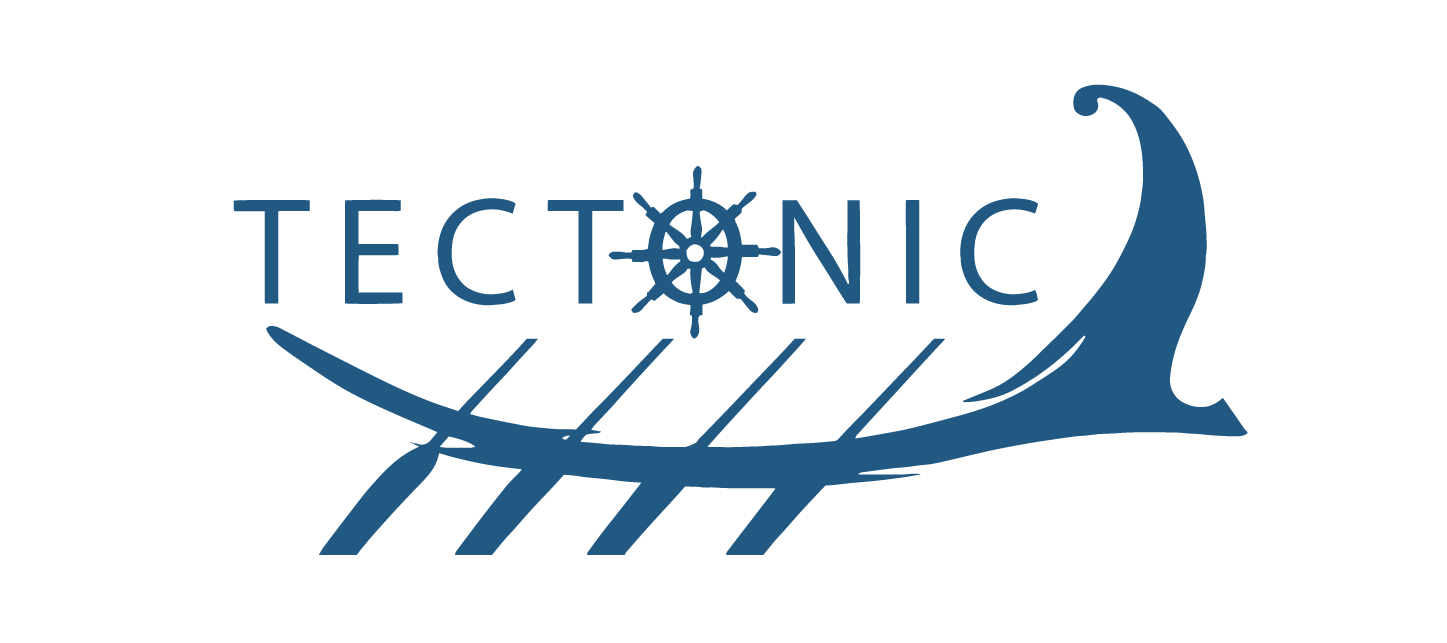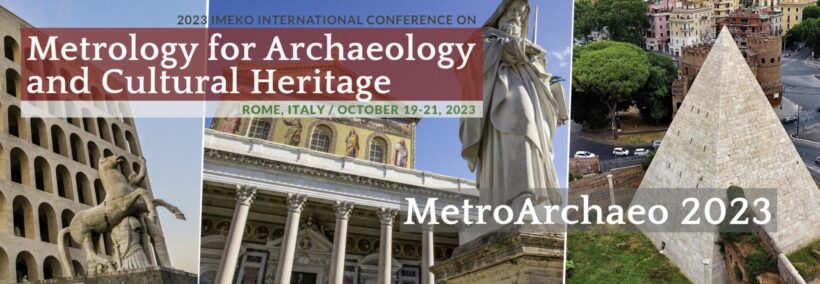From 19.10 to 21.10 2023, the IMEKO International Conference on Metrology for Archaeology and Cultural Heritage will take place in Rome (Italy).
This event will host the Special Session titled “Building Materials and Decay Assessment for On-Land and Underwater Cultural Heritage” and organized by Michela Ricca and Silvestro Ruffolo, researchers at the Department of Biology, Ecology and Earth Sciences (DiBEST), University of Calabria (UNICAL) and Luciana Randazzo, a researcher at the Department of Earth and Marine Sciences (DiSTeM), University of Palermo.
This conference will be partially supported by our TECTONIC project (TEchnological Consortium TO develop sustaiNabIlity of underwater Cultural heritage) and the key topics will be:
- Raw materials characterization of Cultural Heritage (CH);
- Weathering and decay processes assessment;
- Diagnosis and conservation strategies in CH;
- Innovative materials, tools, and methods for the characterization of natural and artificial stone materials;
- Newly developments in restoration knowledge: nanotechnology, biotechnology, and green conservation materials;
- New tools and methods for mapping damage forms.
So, the aim of this Special Session will be to collect research focused on the study of cultural heritage, from on-land and underwater historical/archaeological sites, using a multi-analytical approach.
In particular, the main purpose is to highlight the use of traditional methodologies as well as cutting-edge methods to adequately characterize materials from the point of view of raw materials, mineral-petrographic and geochemical properties, also assessing their state of conservation and the environmental impact. The assessment of the state of conservation of building materials can be supported by emerging case studies with topics on new strategies, tools, and materials for restoration.
This event will also encourage speeches among experts from different backgrounds working on Cultural Heritage issues, such as biologists, geologists, chemists, engineering, art historian, restorers, and conservation scientists.


Leave a Reply